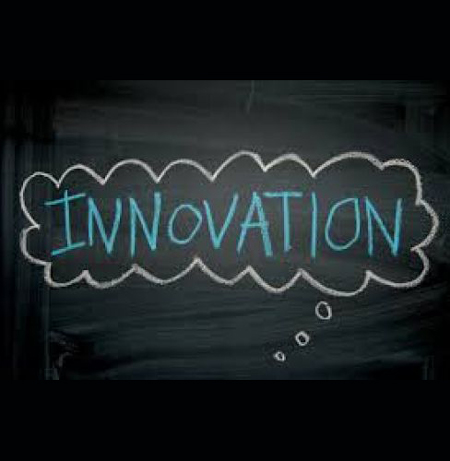June 13, 2013–I recently had the privilege of participating on a special keynote panel on cross-sector service and volunteerism at the annual CECP Summit in New York. UPS has been innovating with its employee engagement programs for years, so I was excited to have the opportunity to share our work with a distinguished group of leaders in business, civil society and government that are collectively working to boost corporate engagement and philanthropy.
As a global company with nearly 400,000 employees, UPS’ ability to efficiently work together at every level, and across geographies, is why we’ve done well over the last 100 years – and we’ve worked hard to bring that same spirit of partnership and collaboration to our volunteer and service programs. Last year alone, UPSers volunteered 1.8 million hours, creating more than $40 million in social impact.
Joined by my fellow panelists – Diahann Billings-Burford, Chief Service Officer of NYC Service, Jennifer Anastasoff, Co-Founder and CEO of Fuse Corps, and Neil Nicoll, President and CEO of YMCA of the US – we discussed examples of how our organizations are taking innovative steps to not just galvanize volunteers, but to reach across sectors, form creative new partnerships, and deliver greater impact.
We all agreed that in solving big problems, no entity can go it alone. At UPS, much or my work focuses on helping to cultivate collaborations with customers, governments, UN agencies and others. Humanitarian relief is a perfect example, where while one entity might be overwhelmed by the challenges of responding to a disaster, the efforts of business, government and NGOs when combined and coordinated can be much more effective.
For instance, in the aftermath of the 2004 Asian Tsunami disaster, UPS joined several other logistics-focused companies to discuss lessons learned from our response efforts to identify ways to improve future response efforts. The outcome was the establishment of a collaborative, cross-sector partnership called the Logistics Emergency Teams. Based all over the world, UPSers and representatives from our partner companies are deployed within 48 hours to support our humanitarian relief partnership in times of significant crisis. On the onset of a natural disaster, effective logistics are critical. NGOs need to be able to get the right supplies to people who need them most as fast as possible, most often in a chaotic environment. And logistics is what we do as a company – we’ve done this for more than 100 years.
For UPS, innovation in service is exemplified not only by our efforts to provide humanitarian relief, but also in offering skills-based volunteering where we match employee skills with societal needs, including engaging UPS drivers to teach road safety to teenagers.
When I think about the impact UPSers have made through service, I’m often reminded of a quote from our founder, Jim Casey: “If you have a thriving community, you’ll have a thriving business.” When it comes to volunteerism, we’re not done innovating and reaching across sectors to do more of what matters – that’s good for communities, and good for business.


